Nowadays, care supply is shrinking and care demand increases. In order to better support informal caregivers, deeper knowledge about the various consequences of caregiving in different contexts is urgently needed. Our results show that all across Europe caregiving within household increases depressiveness of the caregivers. Other health effects vary by country and household context. All in all, caregiving is a selective process with detrimental effects especially on mental health all over Europe.
The article “Health effects of informal caregiving across Europe: A longitudinal approach” published in Social Science & Medicine examines if caregiving in different European countries affects mental and physical health. Theoretically, caregiving might be good or bad for someone’s health. These health effects are likely moderated by the surrounding family or social network since sharing caregiving tasks might diminish the individual burden. Moreover, the burden probably differs by welfare state context as the family responsibility to provide help for their relatives differs enormously between European countries and regions. Negative health effects are likely more pronounced in welfare states in which families are solely responsible for caregiving. To examine this research question, we analyzed data of the Survey of Health, Ageing and Retirement in Europe (SHARE, waves 1, 2, 4 and 5) and data of the sister study the English Longitudinal Study of Ageing (ELSA, waves 2-5) and thus eleven European countries comprising different welfare states.
In our analysis we distinguished between care given inside the household and care given outside the household – considering the former as an often more intensive type of care. To assess health, we used self-perceived health and a scale encompassing the number of depressive symptoms (EURO-D in SHARE and CES-D in ELSA) of the respondents. As it is likely that people in better health take over care tasks, a simple descriptive comparison of caregivers and non-caregivers would yield the result that caregiving is good for someone’s health – although there might really be negative health effects. In order to detect possible health effects of caregiving we follow individuals over time, assessing intra-individual change.
We found distinct differences in the relationship between reported health and the provision of informal care depending on whether care takes place inside or outside the household. Caregivers inside the household reported worse health compared to non-caregivers and caregivers from outside the household reported better health than non-caregivers (Figure 1). In our regression analysis we found that this relationship is largely due to selection into caregiving: people in worse health took up care inside the household while people in better health took up care outside the household. However, in most countries people who started caregiving inside the household experienced a decline in their mental health (that is an increase in the number of depressive symptoms). This suggests that caregiving inside the household results in psychological stress irrespective of the type of welfare state. The results regarding self-perceived health and caregiving outside the household are less distinct.
All in all it became clear that caregiving is burdensome especially for caregivers inside the household. Taking this into account, it is of utmost importance to provide these caregivers with help so that they can fulfill their caregiving task and concurrently stay in good health. Reducing the caregiving burden should be considered as an important social policy goal which can also help to improve solidarity within ageing societies.
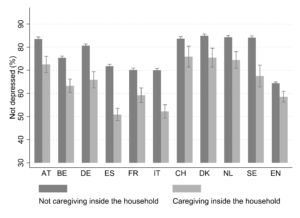
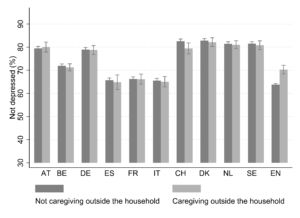
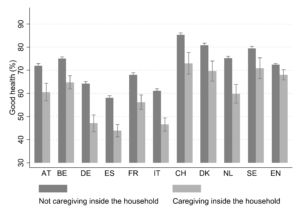
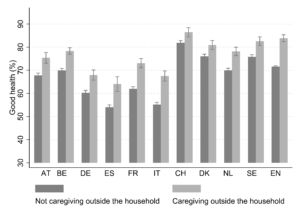
Note. Person-year-data; SHARE waves 1, 2, 4 and 5; ELSA waves 2 – 5; good health = (at least) good health; not depressed = less than 4 depressive symptoms; own calculations, unweighted
About the authors:

Judith Kaschowitz, Sozialstruktur und Soziologie alternder Gesellschaften, Technische Universität Dortmund, Dortmund (Germany)

Martina Brandt, Sozialstruktur und Soziologie alternder Gesellschaften, Technische Universität Dortmund, Dortmund (Germany)
The article is based on:
Kaschowitz, J & Brandt, M; Soc Sci & Med https//doi.org/10.1016/j.socscimed.2016.11.036





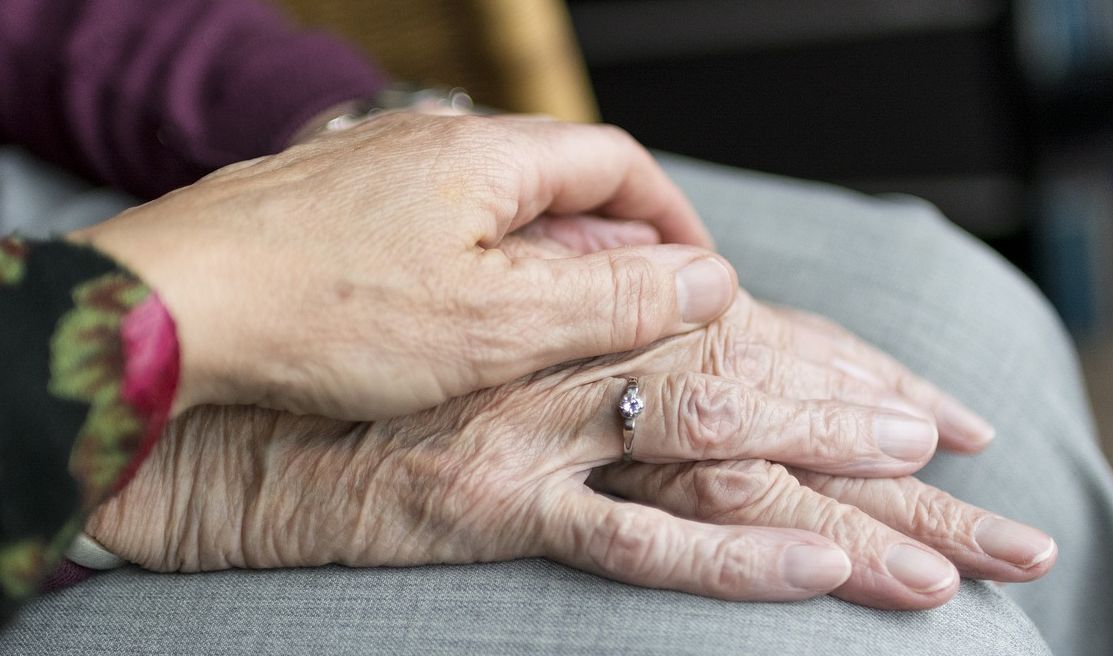



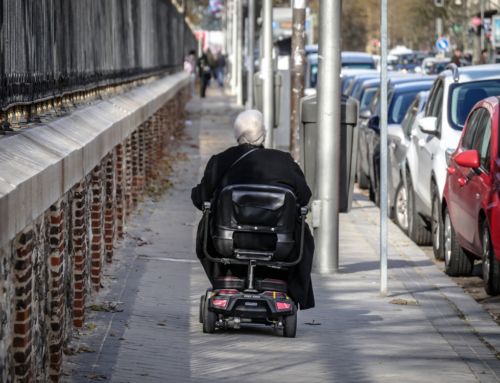

Leave A Comment